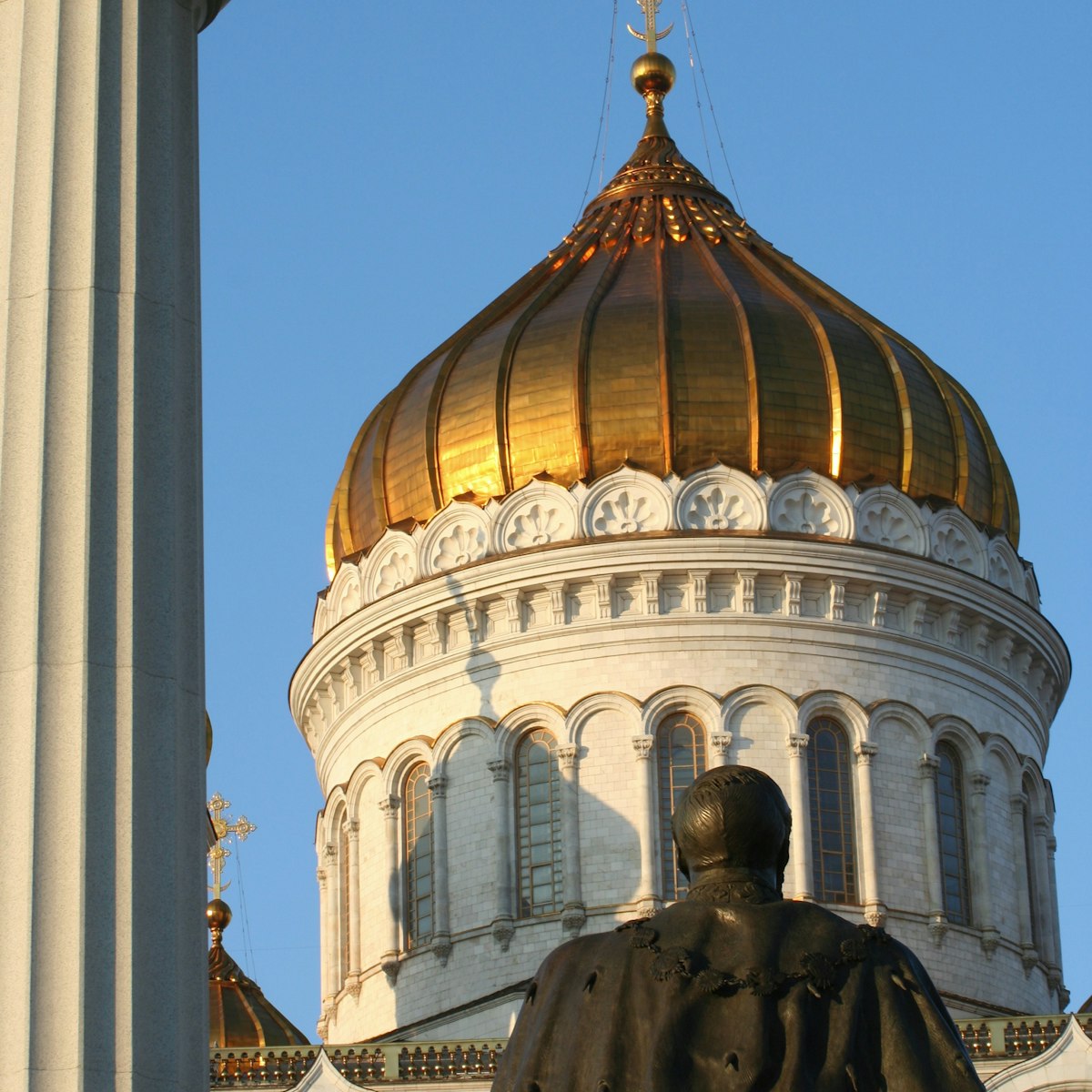Occupying a heritage garage, purpose-built to house a fleet of Leyland double-deckers that plied Moscow's streets in the 1920s, this vast museum, filled with cutting-edge multimedia technology, tackles the uneasy subject of relations between Jews and the Russian state over the centuries. The exhibition relates the stories of pogroms, Jewish revolutionaries, the Holocaust and Soviet anti-Semitism in a calm and balanced manner. The somewhat limited collection of material exhibits is compensated for by the abundance of interactive video displays.
We especially like those that encourage visitors to search for answers to dilemmas faced by early-20th-century Jews – to stand up and fight, to emigrate or to assimilate and keep a low profile.
Russia's Jewish population was quite small until the 18th century, when the empire incorporated a vast chunk of Poland then inhabited by millions of Yiddish-speaking Jews. They were not allowed to move into Russia proper until the early 20th century – a policy that became known as the Pale of Settlement. This led to the perception of Jews as an ethnic, rather than religious group, which still lingers today.








